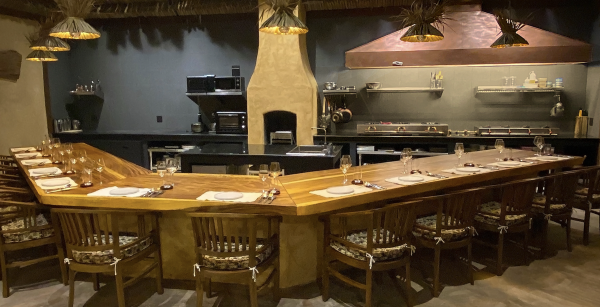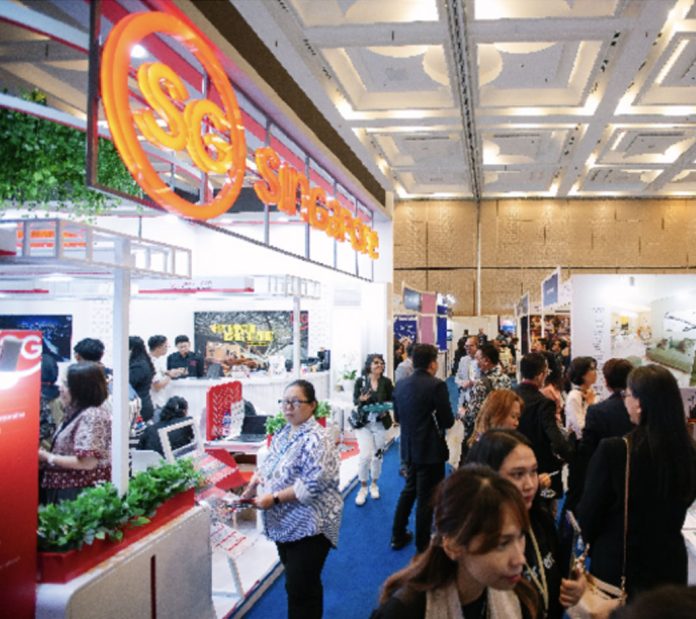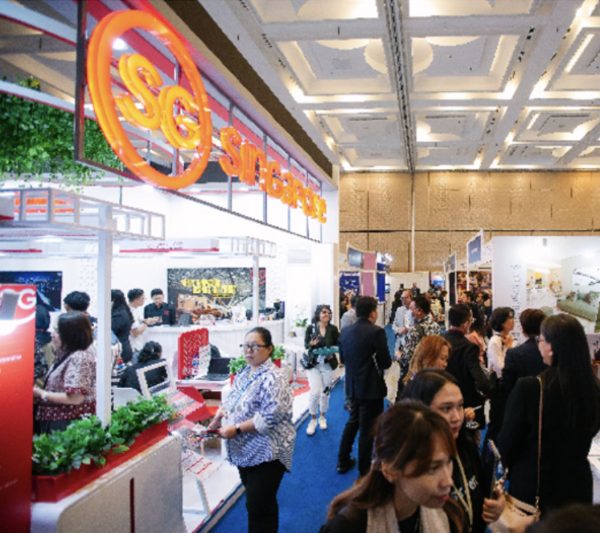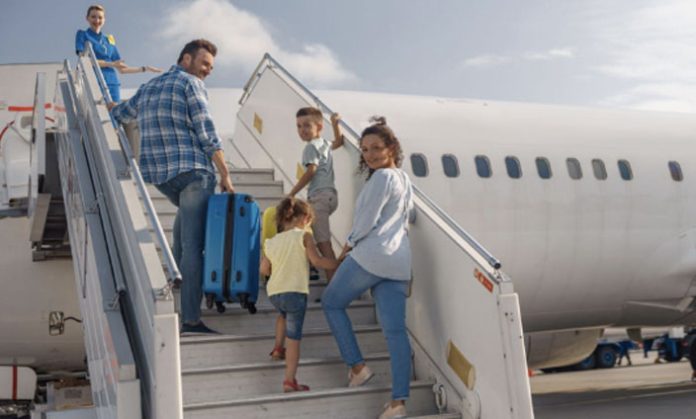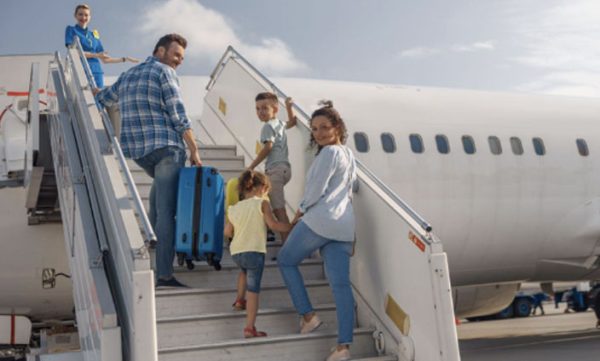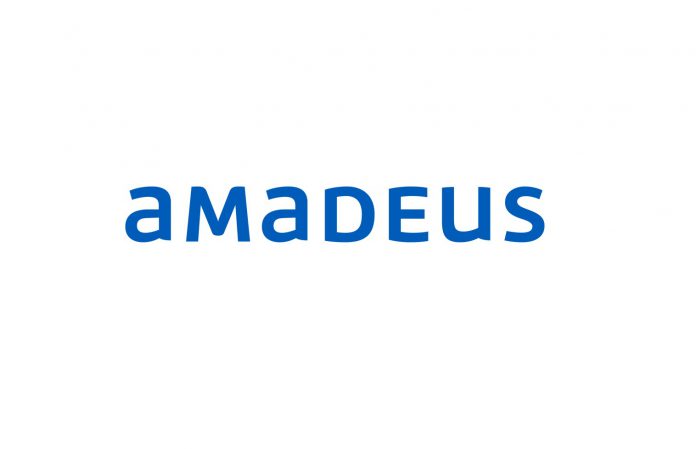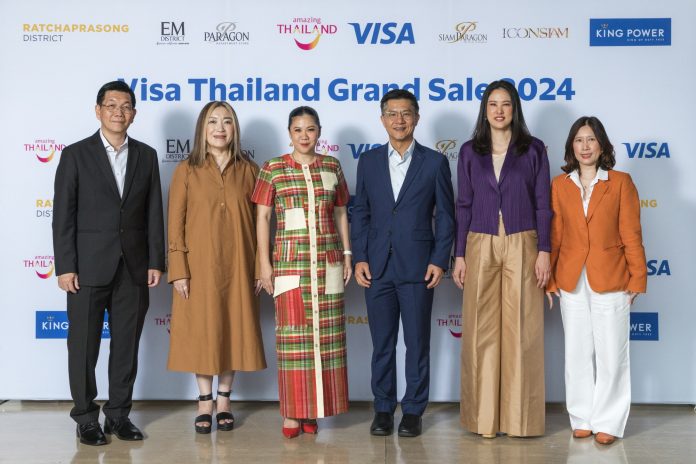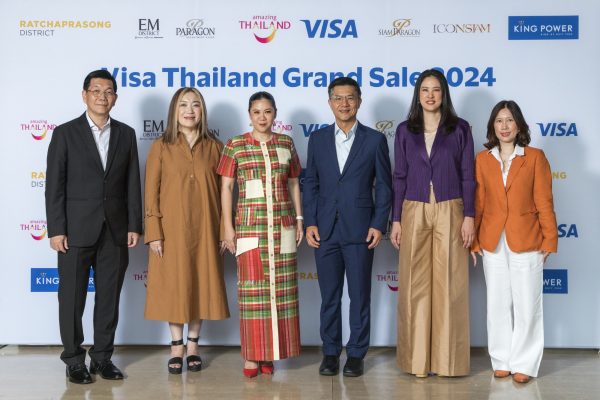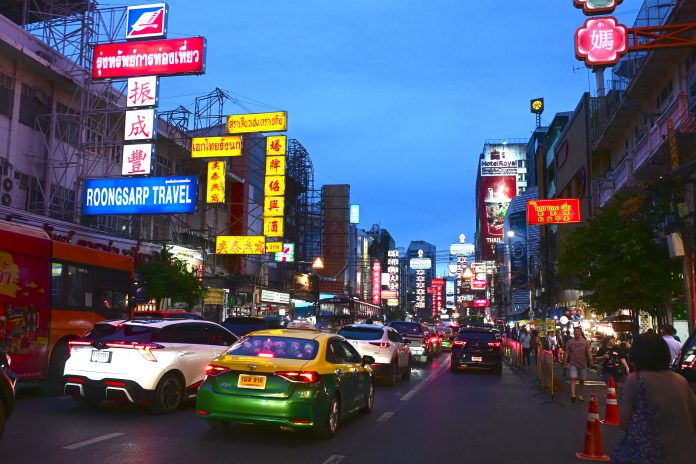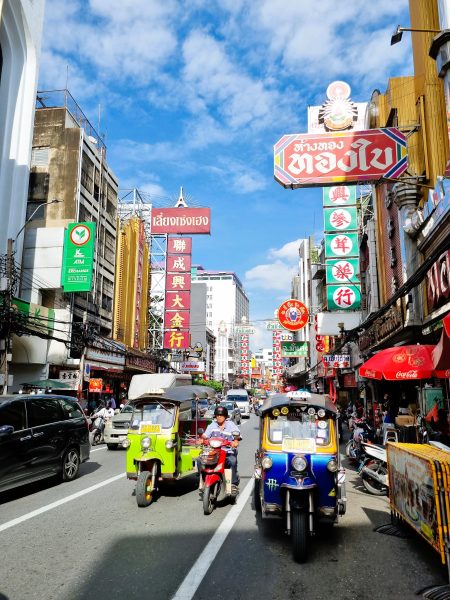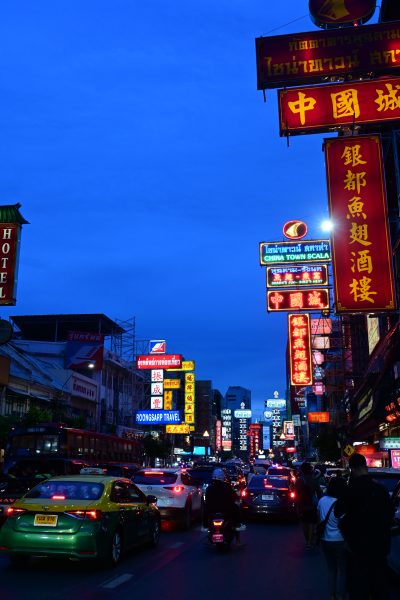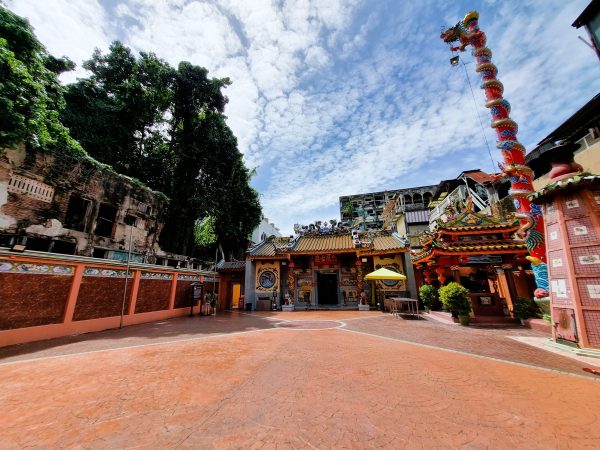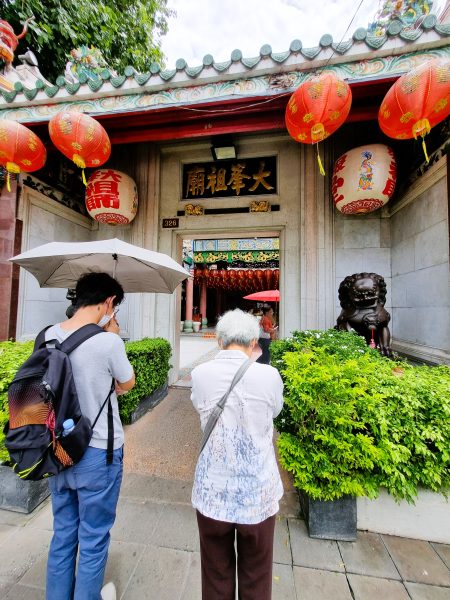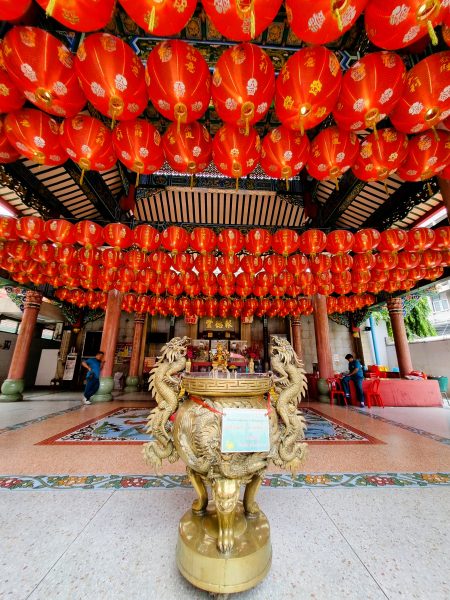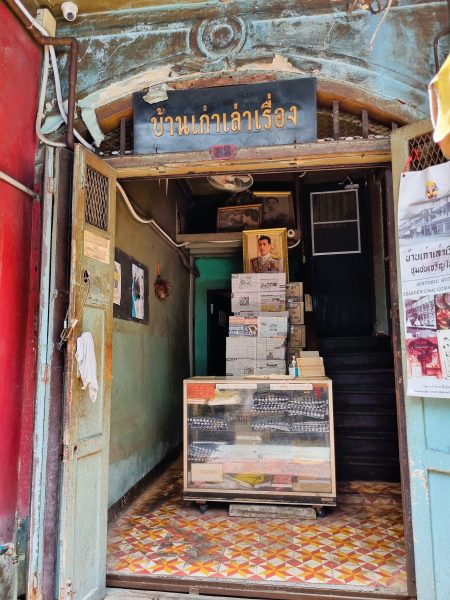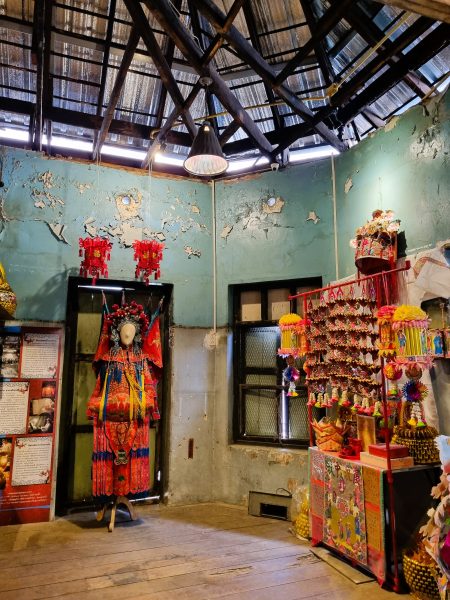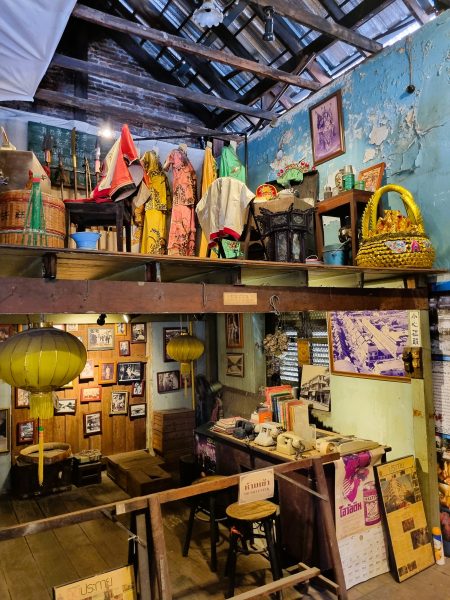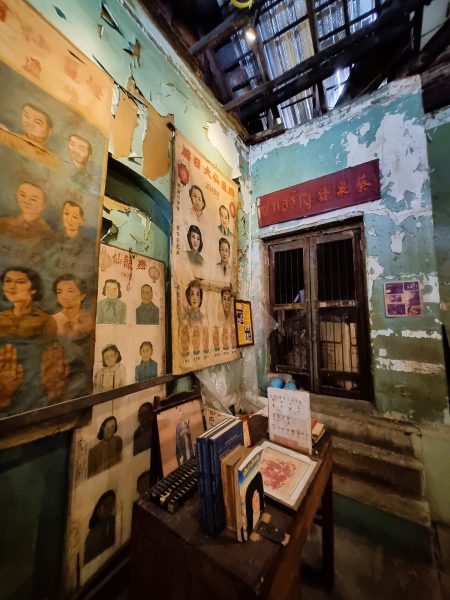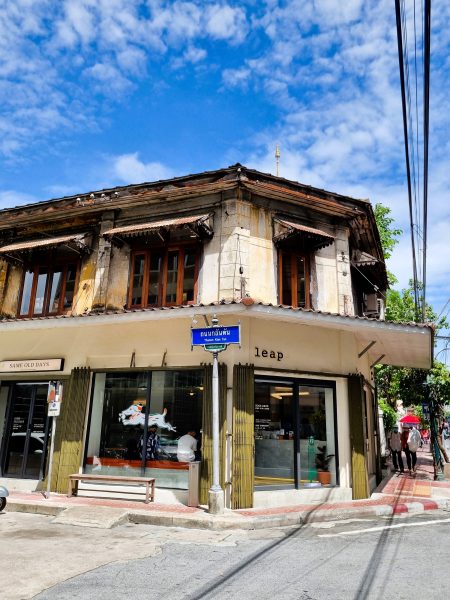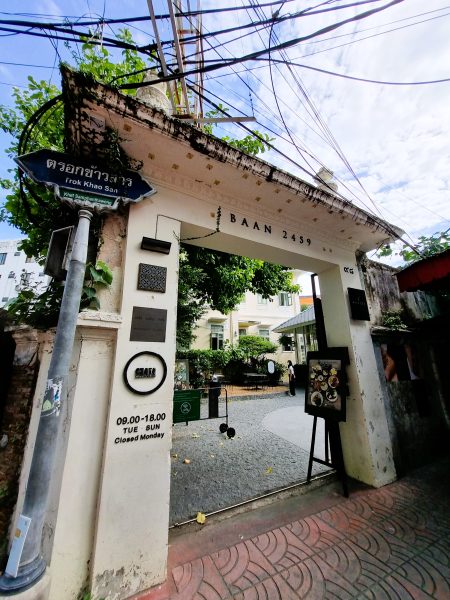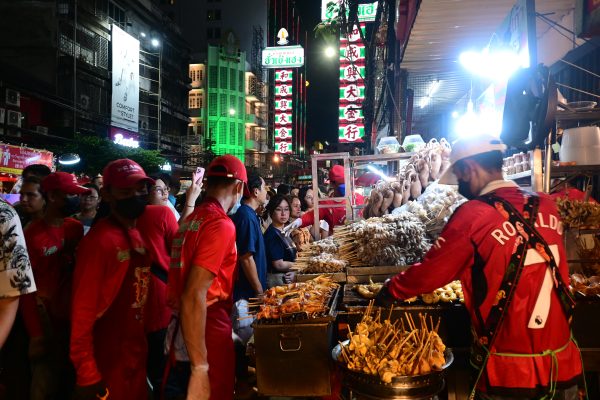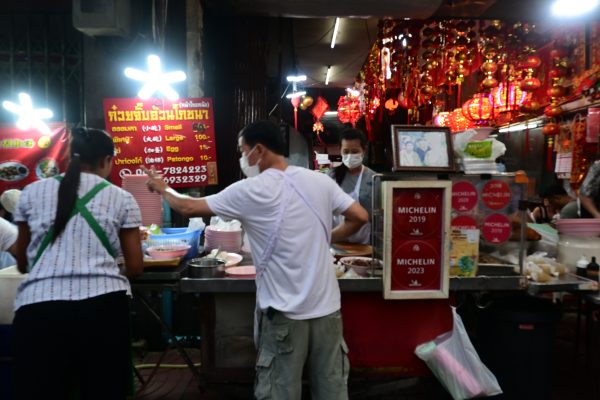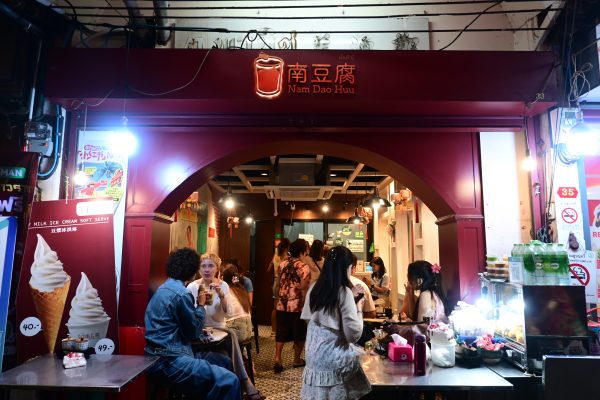SINGAPORE, 10 July 2024: SITA, a global leader in technology solutions for the air transport industry, has announced record results for 2023, with revenues reaching almost USD1.5 billion.
This represents a rise of 7% compared to the previous year, and all signs so far in 2024 indicate similar positive performance this year.

Unveiling the results at the recent SITA Annual General Assembly, SITA CEO David Lavorel also cited growth in margin and EBITDA, which exceeded plans by 4%.
SITA also saw record contracts and partnerships to transform travel at airports and borders through digital identities, biometric and mobile-enabled self-service, and digital borders. Examples include biometric touchpoints for airline passengers at Frankfurt Airport, a digital travel and sustainability collaboration with the Arab Air Carriers Organisation, and continued world-leading Aruba trials using ICAO’s Digital Travel Credential (DTC) standard.
In addition, SITA’s agreement with the Airports Authority of India (AAI) will see the latest passenger processing solutions and cloud-enablement for 44 airports in India, preparing the country for a future of increasing growth in passenger traffic.
With the return of travel comes the need to make operations efficient. The launch of new services for the SITA Connect Go SD-WAN solution allows the industry to achieve this goal, as a platform for digitalisation. Qatar Airways and Biman Bangladesh Airlines became early customers, using the solution to help fuel growth.
In another major trend, collaborative IT for aircraft is helping to make flights more efficient and sustainable, using AI and data-driven operational tools. In 2023, airlines eagerly took on SITA OptiFlight® to reduce fuel consumption and CO2 emissions by better planning fight paths. They include Azul, Singapore Airlines, AIX Connect, Vistara, and many more. AI and flight optimisation services are critical to help aviation’s journey to a carbon net-zero future.
Continuing the focus on travel industry operational efficiencies and sustainability, 2024 has seen the launch of SITA Total Airport Optimiser. Using an AI-powered platform helps airports manage every aspect of their operations. Through a partnership with Univers, the solution also brings sustainability into the heart of operational decision-making. It means airports can monitor and report energy usage, emissions from aircraft and other vehicles, and their carbon footprint.
The momentum in 2024 continued with SITA’s acquisition of Materna IPS, the leader in passenger handling for airports and airlines and the Self-Bag-Drop market leader. The move will reshape aviation, creating the world’s most powerful passenger portfolio for airports and digital travel.
SITA has acquired ASISTIM, renowned for its managed airline flight operations services. This paves the way for airlines of all sizes to outsource part of their flight operations through a fully-fledged airline flight Operations Control Center (OCC) managed service.
About SITA
SITA is the air transport industry’s IT provider, delivering solutions for airlines, airports, aircraft and governments. Our technology powers more seamless, safe and sustainable air travel.
With around 2,500 customers, SITA’s solutions drive operational efficiencies at more than 1,000 airports while delivering the promise of connected aircraft to customers of over 18,000 aircraft globally. SITA also provides technology solutions that help more than 70 governments strike the balance of secure borders and seamless travel.



